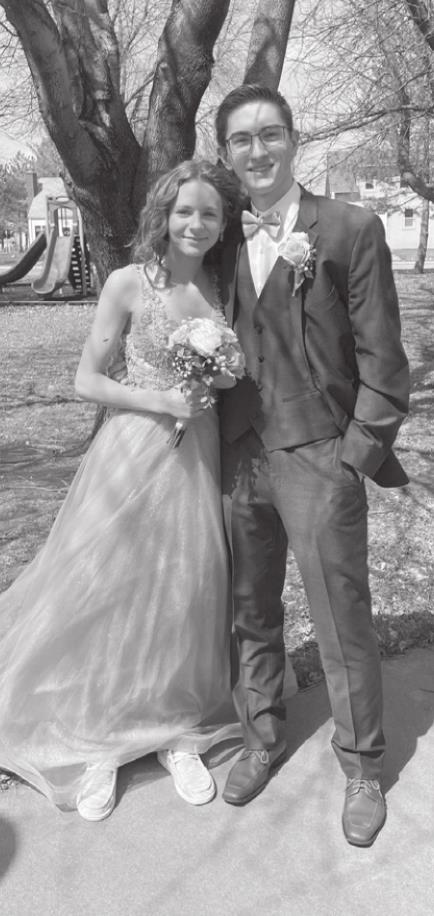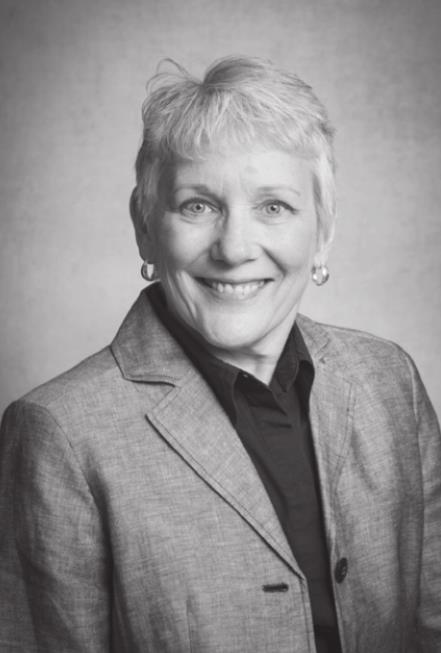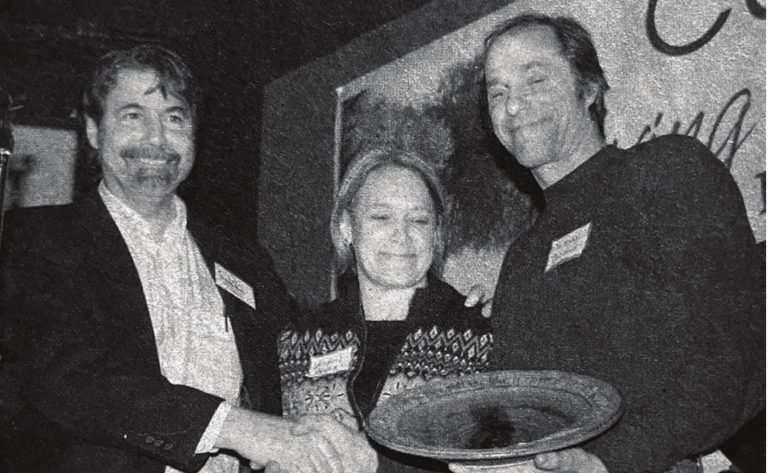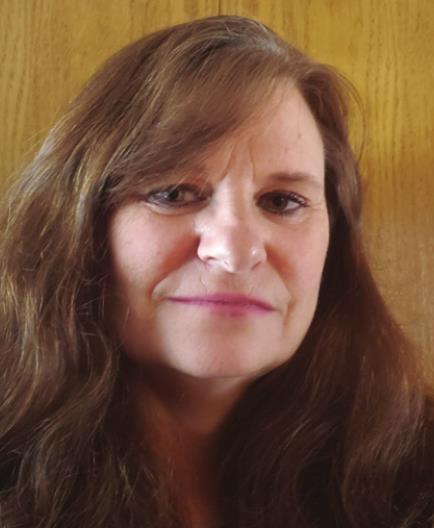Have you heard about the new pipeline projects being developed in southwest and west central Minnesota? If you haven’t, you’re not alone. Even Minnesotans who live, work, and own land in the communities where these pipelines will cross are just beginning to hear about them in drips and drops—maybe in a brief mention in the local paper or a bullet-point item in the minutes of a county board meeting. Or maybe you’ve heard the rumblings from farmers and communities on the other side of the Minnesota-Iowa border where resistance to these projects is growing. There are currently two pipeline projects on the horizon in Minnesota—one by Ames-based Summit Carbon Solutions called the Midwest Carbon Express and the other by Texas-based Navigator CO2 Ventures called the Heartland Greenway. These pipelines are part of the rapidly growing industry known as Carbon Capture Utilization and Storage (CCUS). If built, they will span thousands of miles of farmland and prairie carrying carbon dioxide (CO2) emissions “captured” from dozens of ethanol and fertilizer plants throughout the Midwest to “storage” sites in North Dakota and Illinois. Already, surveyors for the companies are out in Minnesota farm fields and farmers and landowners are being asked to sign voluntary easements to allow the pipelines across their property. This is all happening before any environmental assessments, community input, meaningful tribal consultation, or broad public discussions on CO2 pipelines have occurred.






